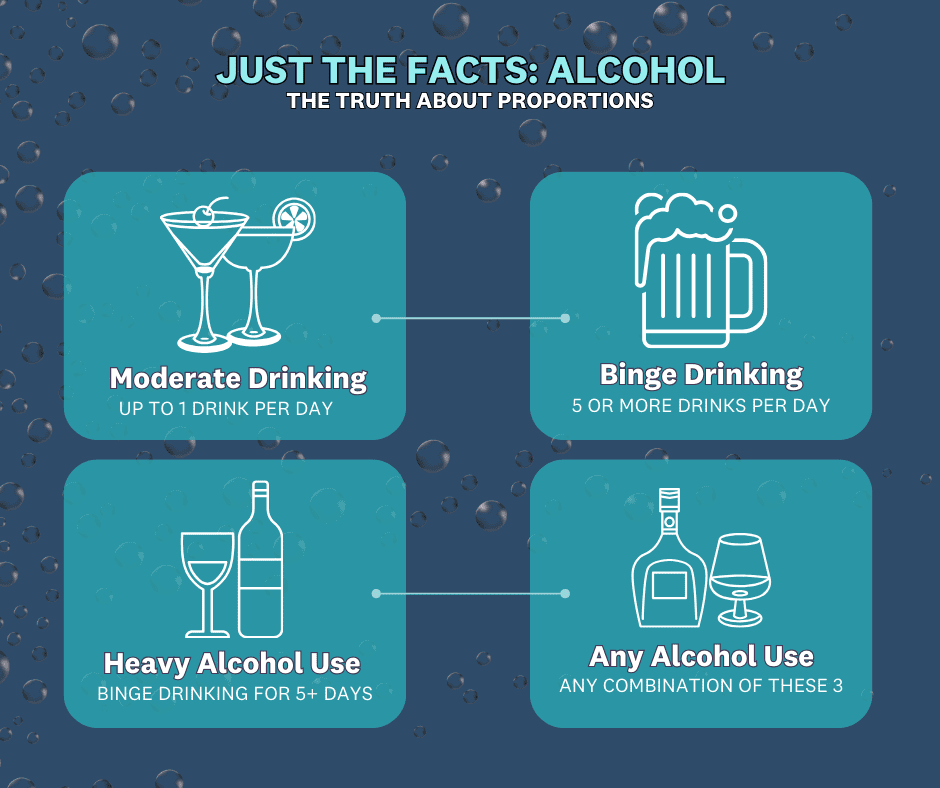Uncover the truth of how weight affects alcohol tolerance. Discover the magic number of beers to reach intoxication levels.

Image courtesy of Anete Lusina via Pexels
Table of Contents
Have you ever found yourself pondering the question, “How many beers does it take to get drunk?” It’s a common query among those who indulge in alcohol consumption, and the answer is not as straightforward as one might think. In this blog post, we will delve deep into the science and factors behind alcohol intoxication to help shed some light on this intriguing question.
Alcohol Metabolism
When it comes to understanding how many beers it takes to get drunk, a crucial factor to consider is alcohol metabolism. Alcohol is primarily metabolized in the liver, where enzymes work to break it down into byproducts that can be excreted from the body. The rate at which alcohol is metabolized can vary based on several factors, including body weight, age, and gender.
Individuals with higher body weight tend to metabolize alcohol more efficiently than those with lower body weight. This is because a larger body mass allows for a larger distribution volume, which can help to dilute alcohol in the bloodstream. Additionally, age can play a role in alcohol metabolism, as the liver’s efficiency tends to decrease with age. Gender also plays a role, as women tend to have lower levels of the enzyme alcohol dehydrogenase, which is responsible for breaking down alcohol.
Individual Tolerance Levels
Another crucial aspect to consider when exploring how many beers it takes to get drunk is individual tolerance levels. Alcohol tolerance refers to the body’s ability to adapt to regular alcohol consumption, leading to a decrease in the intoxicating effects of alcohol. Regular drinkers may develop a higher tolerance level over time, requiring more alcohol to achieve the same level of intoxication.
Genetic factors can also influence alcohol tolerance, as some individuals may have genetic variations that impact how their bodies metabolize alcohol. These variations can affect the activity of enzymes involved in alcohol metabolism, leading to differences in alcohol tolerance levels among individuals.
Factors Influencing Intoxication
The relationship between the amount of alcohol consumed and the level of intoxication experienced is not always linear. Several factors can influence the impact of alcohol on the body, including the presence of food in the stomach, hydration levels, and the overall environment in which alcohol is consumed.

Image courtesy of www.safeproject.us via Google Images
Consuming alcohol on an empty stomach can lead to faster absorption and a quicker onset of intoxication. On the other hand, eating a meal before drinking can slow down the absorption of alcohol and potentially reduce the risk of becoming drunk quickly. Staying hydrated while drinking can also help to mitigate the effects of alcohol, as dehydration can exacerbate the intoxicating effects of alcohol.
Additionally, the environment in which alcohol is consumed can play a role in intoxication levels. Factors such as stress, fatigue, and social dynamics can impact how alcohol affects an individual’s behavior and cognitive function.
Conclusion
Understanding how many beers it takes to get drunk involves considering a range of factors that influence alcohol metabolism, tolerance levels, and intoxication. By being aware of these factors and drinking responsibly, individuals can make informed decisions about their alcohol consumption and reduce the risk of harmful outcomes such as alcohol poisoning or impaired driving.
Ultimately, knowing your limits and respecting the effects of alcohol on your body is key to enjoying alcohol in a safe and responsible manner. If you ever find yourself questioning how many beers it takes to get drunk, remember to prioritize your well-being and make choices that align with your personal health and safety.
FAQ
How does body weight affect alcohol tolerance?
Body weight plays a role in alcohol tolerance as individuals with higher body weight tend to metabolize alcohol more efficiently due to a larger distribution volume, which can help dilute alcohol in the bloodstream.
Can genetics impact how many beers it takes to get drunk?
Yes, genetic variations can influence alcohol tolerance levels as some individuals may have genetic variations that affect the activity of enzymes involved in alcohol metabolism.
What factors can influence the level of intoxication experienced?
Factors such as food consumption, hydration levels, and the environment in which alcohol is consumed can all influence the impact of alcohol on the body and the level of intoxication experienced.
How can individuals drink responsibly?
To drink responsibly, individuals should know their limits, stay hydrated, avoid drinking on an empty stomach, and be aware of their surroundings and social dynamics when consuming alcohol.
Powered by Texta.ai Blog Automation
Leave a Reply